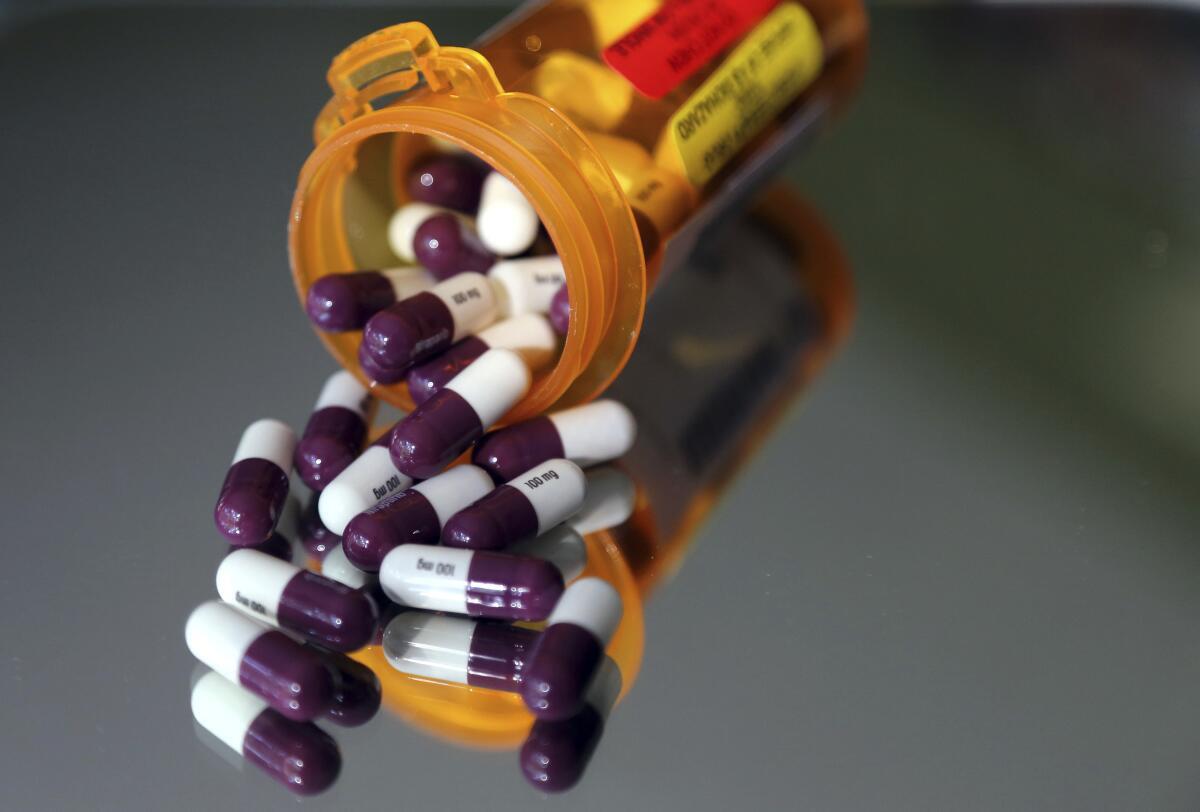The federal government has, for the first time, directly negotiated with pharmaceutical companies to set prices for certain drugs, a policy set to begin in January 2026. This move, part of the Inflation Reduction Act signed by President Biden in 2022, aims to cap out-of-pocket expenses for Medicare patients at $2,000 annually.
The policy, long opposed by the pharmaceutical industry, marks a significant shift in drug pricing dynamics, promising to lower costs for millions of Americans. However, Big Pharma and its allies argue that these “price controls” could stifle innovation by reducing profits needed for research and development.
Critics of the policy, including pharmaceutical companies like Pfizer and Merck, claim that reduced revenues could hinder their ability to fund new drug development. This concern is rooted in the fear that cutting profits may lead to fewer resources for hiring scientists, investing in research facilities, and conducting clinical trials.
The underlying worry is that controlling drug prices today might jeopardize the discovery of future life-saving treatments, such as cures for cancer or Alzheimer’s disease.

Despite these concerns, evidence suggests that the pharmaceutical industry is unlikely to face a significant decline in innovation due to these new pricing regulations. The industry remains highly profitable, and studies indicate that the incentive to innovate will not be entirely dampened by the negotiated prices.
Additionally, advances in artificial intelligence offer promising ways to make drug development more efficient and less costly, potentially mitigating any negative impact on future innovation.
The argument against reducing drug prices often hinges on the high costs of drug development, including the need to recoup investments in drugs that fail to reach the market. However, other wealthy nations, like Australia and the UK, manage to negotiate lower drug prices while still fostering vibrant medical innovation sectors.
In contrast, the US has historically left drug prices to the free market, resulting in significantly higher costs for Americans. While this has ensured early access to new treatments, it has also made these treatments unaffordable for many patients.
Research from the Memorial Sloan Kettering Cancer Center has shown that the excess prices Americans pay generate substantial revenue beyond what is needed to cover global research and development (R&D) costs.
This “American R&D premium” has led to billions in excess profits for pharmaceutical companies, suggesting that the industry could absorb lower prices without drastically cutting back on innovation. The Congressional Budget Office also found that the new policy is unlikely to significantly impact future drug development.
Recent analysis from the Brookings Institution supports the view that the pharmaceutical industry is not anticipating a major financial hit from the new pricing negotiations. Their research found no significant change in mergers and acquisitions (M&A) activity, a key indicator of the industry’s confidence in its future revenue streams.
In fact, M&A spending has remained robust, with some companies expressing optimism about the future despite the new regulations. This suggests that the phased implementation of the policy is not expected to severely harm the industry’s innovation potential.
To continue fostering innovation while lowering drug prices, there are opportunities to streamline the drug development process. Simplifying approval processes and incorporating data from international clinical trials could speed up the development of new drugs.
Additionally, the use of AI in drug discovery holds great promise for identifying potential treatments more quickly and efficiently. While the full impact of AI in this field remains to be seen, it represents a hopeful avenue for reducing costs and accelerating the arrival of new medicines, offering a potential win-win scenario for both lower prices and continued innovation.
